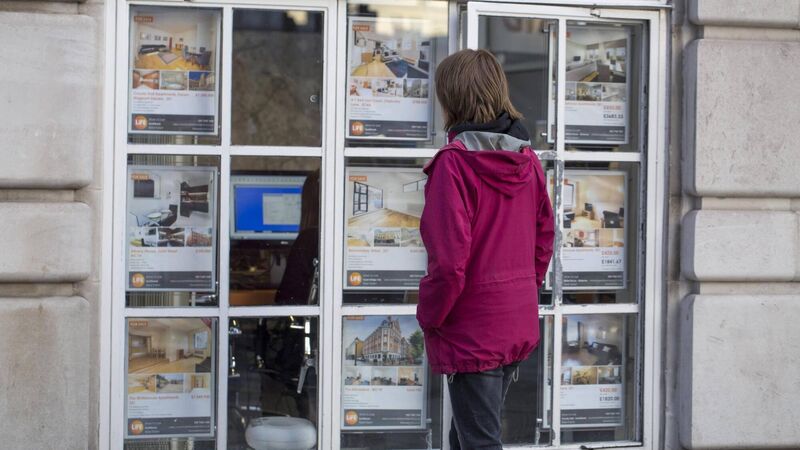House prices to keep rising until late 2026, says Martin

Under the newly agreed government targets on housing, 43,000 homes will be built in 2026, with 48,000 in 2027
Prospective homeowners face another three to four years of spiralling house prices, just as the cost of renting a home in cities is soaring to record levels.
Fianna Fáil leader Micheál Martin said on Tuesday that house prices will not "moderate" until late 2026 at the earliest, and that he does not expect to see house prices coming down until Ireland is seeing 45,000 homes a year completed.













